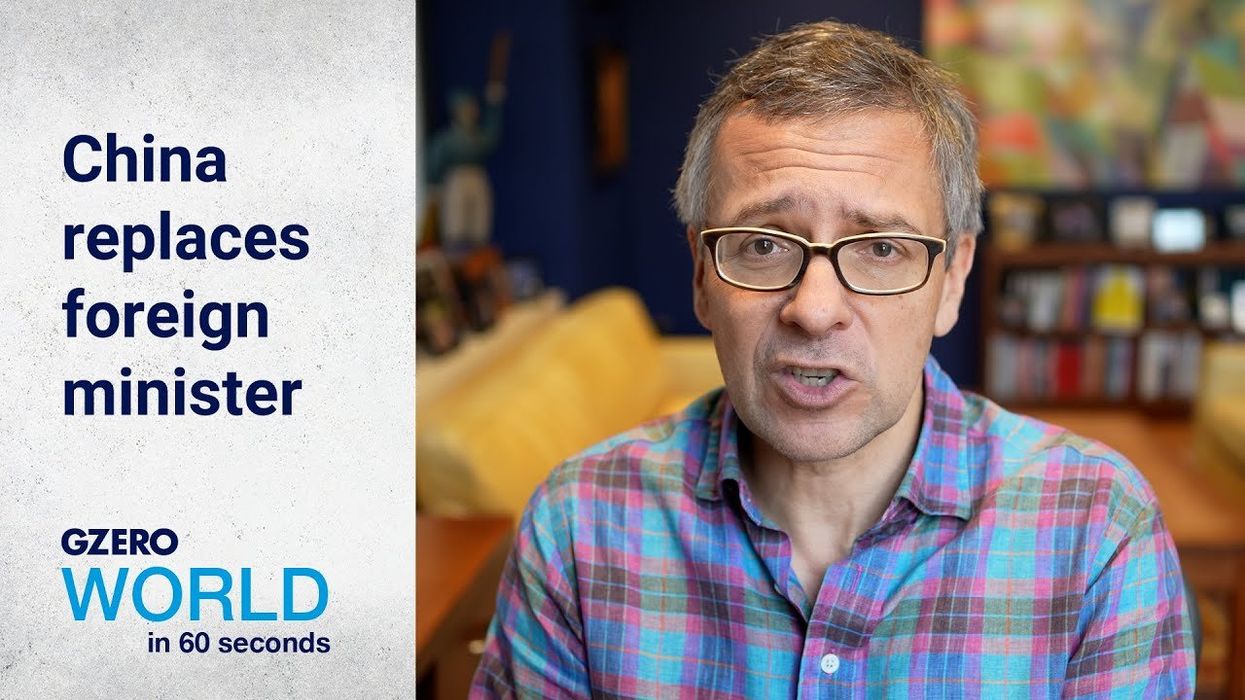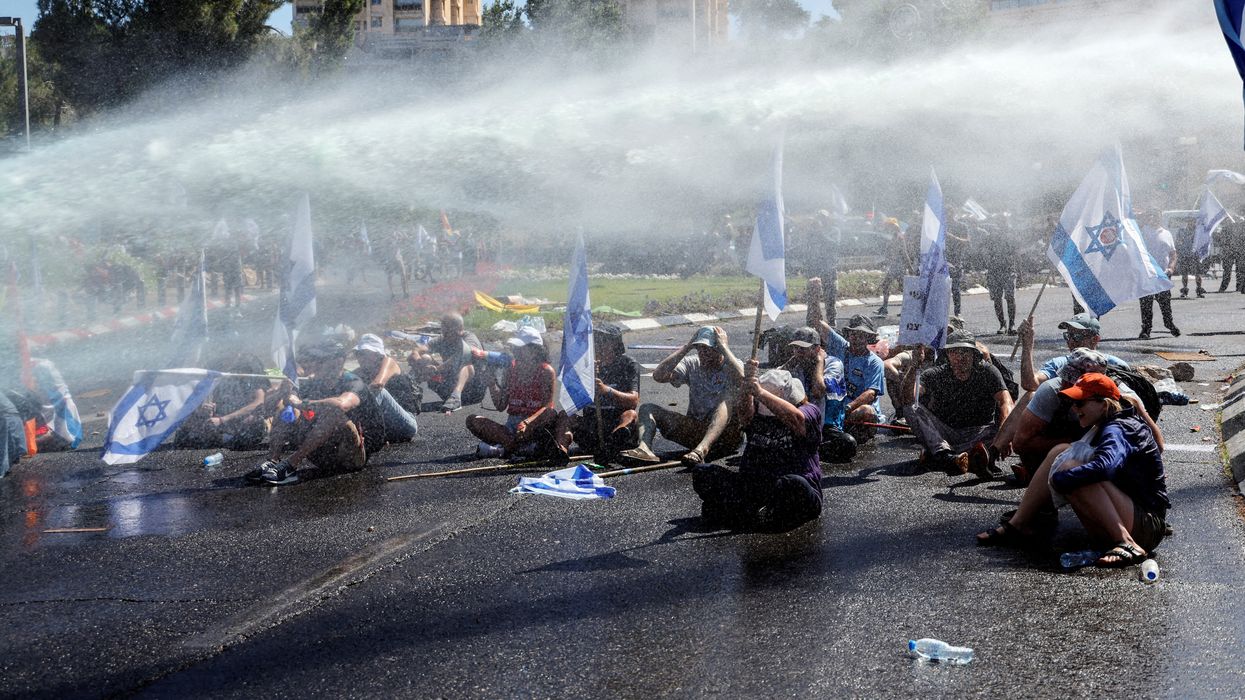ask ian
China replaces foreign minister Qin Gang
Is democracy dead in Israel? Will a fugitive decide Spain's next prime minister? What does Qin Gang's removal say about China? Ian Bremmer shares his insights on global politics this week on World In :60.
Jul 25, 2023









